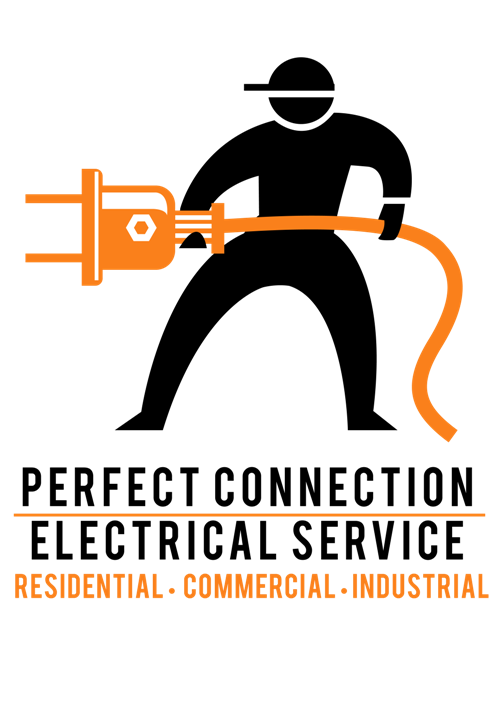Electricity powers nearly every aspect of our modern lives, from the lights in our homes to the devices we use daily. At the heart of maintaining and ensuring the safety and efficiency of these electrical systems is the residential electrician.
This article delves into the multifaceted role of residential electricians, exploring their responsibilities, the skills they need, and the impact they have on our homes and safety.
What Does a Residential Electrician Do?
Installation of Electrical Systems
Residential electricians are responsible for installing new electrical systems in homes. This includes wiring, outlets, switches, and circuit breakers. They ensure that these installations are safe and compliant with local building codes, which is crucial for the overall safety and functionality of the home.
This process involves detailed planning and precise execution to prevent future electrical issues and hazards.
Repair and Troubleshooting
When electrical problems arise, residential electricians are the professionals to call. They diagnose and fix various issues, from simple problems like malfunctioning outlets to more complex ones such as circuit overloads and short circuits.
This role requires a keen understanding of electrical systems and problem-solving skills to quickly and effectively restore functionality and safety.
Upgrades and Renovations
As technology advances, homes often need electrical upgrades. Whether it’s installing new outlets, upgrading electrical panels, or integrating energy-efficient solutions, residential electricians ensure that homes can support modern electrical demands.
They also play a vital role in home renovations, ensuring that any new electrical installations meet current standards and are integrated seamlessly with existing systems.
Safety Inspections
Regular safety inspections are a critical part of a residential electrician’s job. They identify potential hazards and ensure that all electrical systems comply with safety codes. These inspections can prevent accidents, fires, and other safety issues by addressing problems before they become severe.
Electricians also install safety devices like smoke and carbon monoxide detectors as part of their safety protocols.
Maintenance of Electrical Panels
The electrical panel is the heart of a home’s electrical system. Residential electricians maintain and upgrade these panels to ensure they can handle the home’s electrical load safely and efficiently.
This maintenance is crucial for preventing electrical fires and ensuring that the home’s electrical system operates smoothly.
Skills and Qualifications
Technical Proficiency
Residential electricians must have a thorough understanding of electrical systems and codes. They need to be skilled in using various tools and equipment, such as voltmeters, ammeters, and oscilloscopes, to test and troubleshoot electrical systems.
This technical proficiency is essential for ensuring that installations and repairs are done correctly and safely.
Problem-Solving Abilities
Electricians often encounter complex problems that require creative and effective solutions. Whether it’s figuring out why a circuit keeps tripping or how to integrate a new system into an old one, electricians need strong problem-solving skills to address these issues efficiently.
Physical Dexterity
The job of a residential electrician can be physically demanding. It often involves standing, climbing, crawling, and working in confined spaces. Good hand-eye coordination and the ability to work with small tools and components are also necessary for performing precise electrical work.
Attention to Detail
Even small mistakes in electrical work can have serious consequences. Therefore, electricians must pay close attention to detail, ensuring that all connections are secure and compliant with codes. This meticulous approach helps prevent future problems and ensures the safety of the home’s occupants.
Career Outlook and Salary
The demand for residential electricians is expected to grow as new residential construction continues and existing homes require upgrades to their electrical systems. According to the Bureau of Labor Statistics, the median annual wage for electricians is around $60,900, with top earners making over $100,000 annually.
This growth is driven by the increasing demand for energy-efficient systems and smart home technologies.
Conclusion
Residential electricians play a crucial role in ensuring that our homes are safe, functional, and up to modern standards. Their work involves a combination of technical skill, problem-solving, and attention to detail.
As technology continues to evolve, the role of the residential electrician will become even more vital in maintaining the electrical systems that power our daily lives. For those considering a career in this field or needing electrical services, understanding what do residential electrician can help in making informed decisions.
If you need electrical services or have questions about your home’s electrical system, consider reaching out to Perfect Connection for expert assistance.



